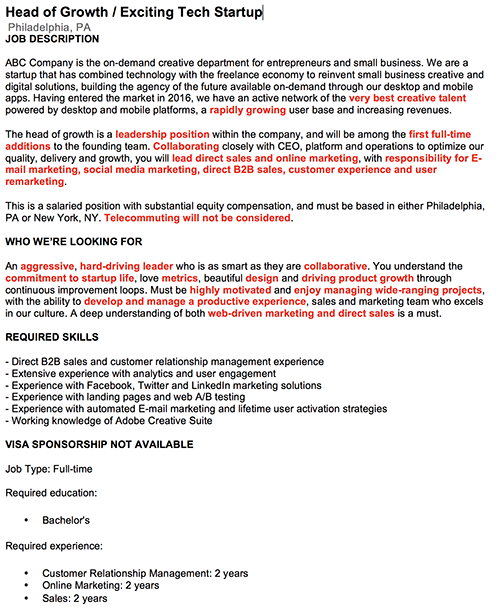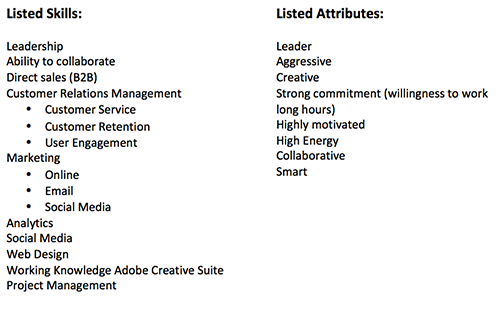Researching Your Next Job
Posted on
July 8, 2016
Looking for a new job is a little bit like buying a new car. Before you decide which car, you do your research, which makes/models will best suit your needs, which manufacturer gets the best safety ratings, which dealer is offering the best incentives, what colors are available, etc.
The job search process involves many of the same decision-making processes. First, you will want to conduct research examining
- Types of positions
- Types of companies
- Geographical location
- Job Requirements
There is, of course, added thought and research if you are considering a long distance move.
 Once you know the type of positions you are interested in, you will need to thoroughly read those job descriptions to ensure you have the necessary skills to apply for those positions. Pay close attention to those skills that are required versus those that are desired or recommended. List them out and match up your skills with those listed on the job description(s). Read the text carefully to identify other desired skills and attributes. The following is a “real” job description for the Philadelphia area (company name has been removed). Notice all of the words/phrases in red – these are all essential skills, and attributes needed for this position, as well as some key words that provide cues for potential candidates, i.e. rapidly growing translates to expect constant change.
Once you know the type of positions you are interested in, you will need to thoroughly read those job descriptions to ensure you have the necessary skills to apply for those positions. Pay close attention to those skills that are required versus those that are desired or recommended. List them out and match up your skills with those listed on the job description(s). Read the text carefully to identify other desired skills and attributes. The following is a “real” job description for the Philadelphia area (company name has been removed). Notice all of the words/phrases in red – these are all essential skills, and attributes needed for this position, as well as some key words that provide cues for potential candidates, i.e. rapidly growing translates to expect constant change.
The list of skills and attributes would look like this:

So how do your skills match up with the company’s needs?
Please note, it is perfectly acceptable to apply for a position when you do not possess 100% of the skills listed in the posting. That being said, don’t waste your time or the company’s time by applying for a position for which you do not possess the majority of the listed skills. You could hurt your chances for future positions.
Once you have compared your skills and attributes with those listed for each specific position, you can then craft your resume – yes, you must tweak your resume for each position based on the skills, etc. each company is seeking – to best represent yourself as a viable candidate.
Look for my next post in the “Master Resume.”
Best,
Anne Converse Willkomm
Director, Graduate Studies
Goodwin College
Drexel University